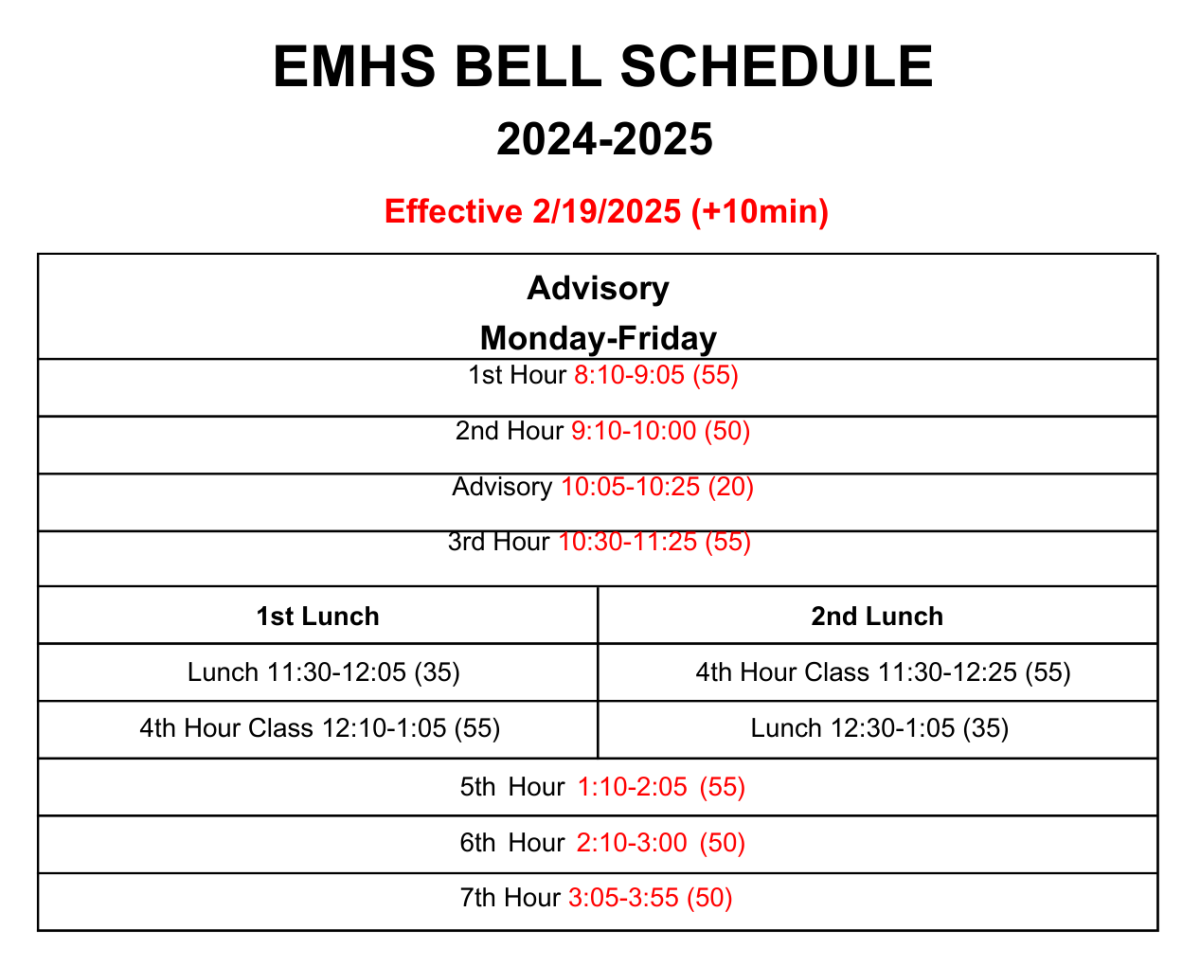
Computers and laptops always appear to be helpful on the surface, but there are more negative effects of using these “learning devices” in schools than most consider there to be. In 2010, Google introduced Chromebooks to schools in a pilot program, but they may not be entirely beneficial to teachers or students. New emerging studies show that the effects of screens on student learning may prove more unhealthy than helpful.
According to a Google blog, it was found that students and teachers loved how “fast, simple and secure” they were, and Google still strives to follow those principles today. However, it may be up for debate as to whether these are the most vital standards in deciding what is best for the current generation.
An article titled “Don’t throw away your printed books,” by Pablo Delgado et al., explains the potentially detrimental effects of screens on reading comprehension. It states that paper books and exams yield better comprehension than digital reading and exam-taking. It also explains that it may be very difficult to avoid screens, as they have already been introduced. Nevertheless, if awareness was raised among schools, it may be easier to limit screens in classrooms.
Even though it may be more convenient for students miles away from classroom walls and teachers, the accessibility of computers and internet access when needed is hard to come by. This is noted by The Hechinger Report, which estimated that in just California, 600,000 students do not have access to a computer, while 300,000 to 400,000 have no way to access the internet at home.
Alongside that, computer literacy is vital for both educators and students in shaping and utilizing courses through technology. As explained in the aforementioned article, another notable disadvantage would be that implementation is difficult for tactile and kinesthetic learners. Due to the screens themselves, students’ brains can be severely affected in unhealthy ways beginning from a young age, a major example being the toddlers commonly referred to as “iPad kids.” In recent years, some parents have provided tablets to toddlers to keep them entertained, but the behavioral effects are extensive. Since children can receive exactly what they want by simply tapping a screen, it stimulates the dopamine in their brains, and they begin to demand to receive the same treatment from parents or caretakers, often causing issues with emotional regulation
Even in adolescents, their brains are under-developed, an article titled, “The Developing Brain in the Digital Era” by Laura Marciano et al. explains. Cell phones especially provide difficulty on the path to connecting with parents and peers. With the quick and easy entertainment and communication that cell phones provide, the social skills of today’s teens are lacking significantly.
Even though classes and books are “easier” to access online, the accessibility to technology is not widely available, and health and social developments are not as beneficial as previously thought. Measures should be taken by parents, teachers and even students themselves to consider and see that changes be made in the classroom and at home, benefiting everyone.
Paper books may be used in classrooms for better understanding and comprehension in class. Attending a class at a school with other peers and being face-to-face with a teacher or professor compared to attending online classes would be beneficial to learning as well. Limiting phone usage at home would benefit social interaction, as well as improve family time. Technology has many positive aspects, but everyone should be more aware of the disadvantages as well, being mindful of how they use technology and screens in their everyday lives.
Contact Esther Wood at ruffdraftemhs@edmondschools.net



































